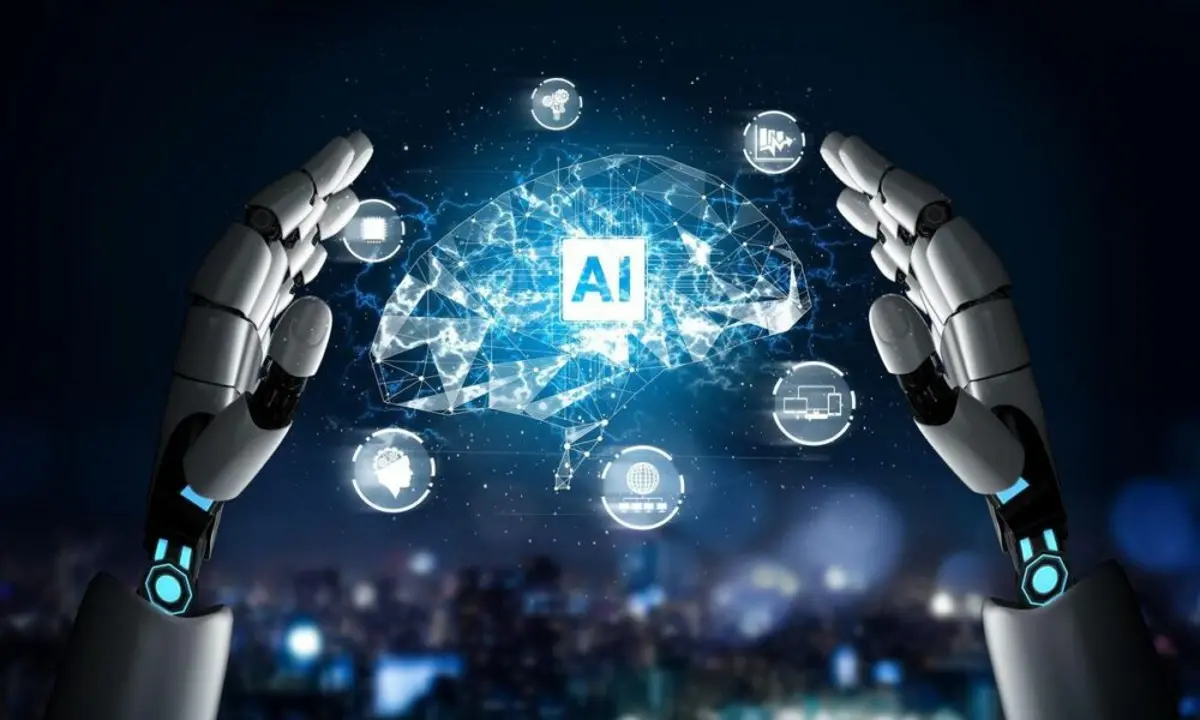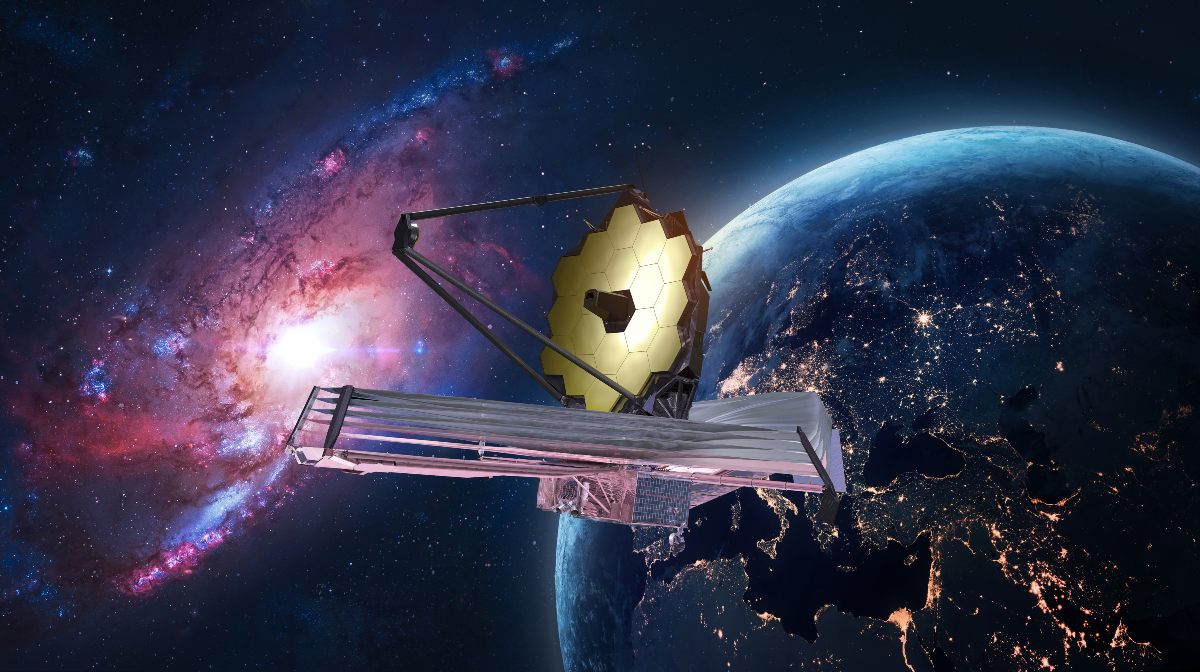Researchers at the technology giant built an Artificial Intelligence (AI) to achieve a better redistribution of money in the United States. The paper, presented in the journal Nature, by researchers at Google’s DeepMind, demonstrates a user preference. The experiments point to work on the deep neural network, so that it distributes money more evenly.

AI with a social economic conscience
The program generated with Artificial Intelligence aims at a mostly liberal egalitarian policy. It is intended to reduce pre-existing income disparities. To do so, it compensates the different players in that proportion between their contribution and the “dowry” received. The mechanism works progressively. This means that it seeks to maximize efficiency between those who received less and those who have a larger initial endowment.
Traditional methods differ greatly from projects devised with AI, particularly because of their authoritative “ground truth” approach. Artificial Intelligence was intended to build systems compatible with those envisioned by humans. In some respects, what is proposed by the IA can be visualized, on a smaller scale, with what many community or mutual aid organizations do.




